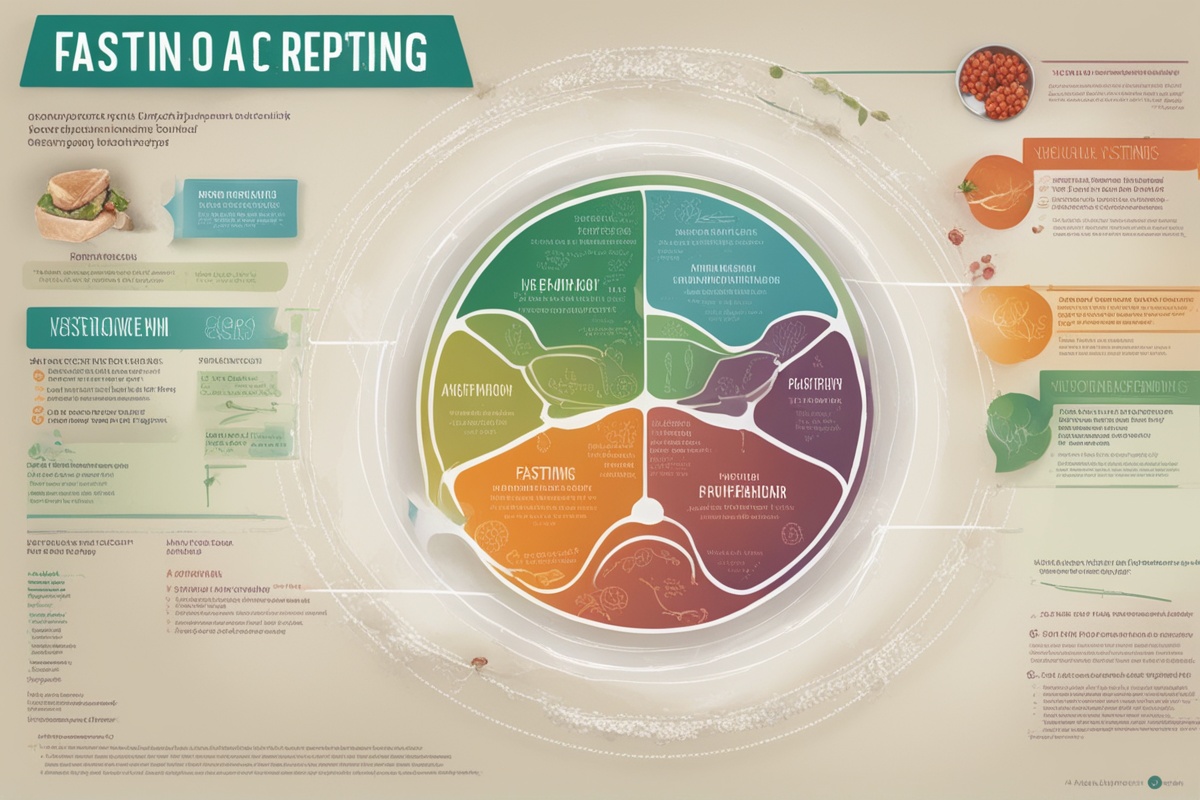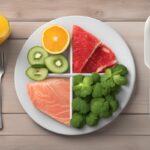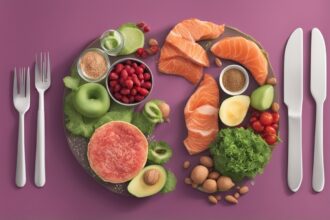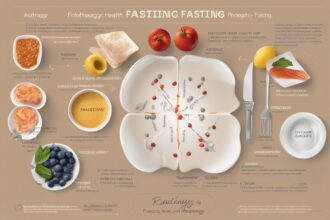Autophagy, often referred to as the body’s natural recycling system, plays a crucial role in maintaining cellular health by clearing out damaged components and promoting renewal. This process is vital for longevity, disease prevention, and overall well-being. If you’re looking for ways to enhance this mechanism, you’ve come to the right place. In this comprehensive guide, we’ll explore effective strategies for boosting cellular renewal naturally through lifestyle changes, dietary choices, and other science-backed methods.
What Is Autophagy and Why Does It Matter?
Autophagy, derived from Greek words meaning “self-eating,” is a cellular process where the body breaks down and recycles damaged or dysfunctional components, such as proteins and organelles. This mechanism helps cells stay healthy, reduces inflammation, and protects against diseases like cancer, neurodegenerative disorders, and infections. By boosting cellular renewal naturally, you can optimize autophagy, which in turn supports energy production, tissue repair, and immune function.
Understanding how autophagy works is the first step to harnessing its benefits. When triggered—often by stress signals like fasting or exercise—cells form structures called autophagosomes that engulf damaged components. These are then fused with lysosomes, where the contents are degraded and repurposed. Without proper autophagy, cellular waste accumulates, leading to aging and disease.
Dietary Strategies for Boosting Cellular Renewal Naturally
One of the most powerful ways to stimulate autophagy is through diet. Certain foods and eating patterns can activate this process, helping your cells rejuvenate. Here are some key dietary strategies:
- Intermittent Fasting: Limiting food intake for specific periods (e.g., 16:8 fasting) mimics starvation, a known trigger for autophagy. Studies show that fasting for 12–16 hours can enhance cellular cleanup.
- Ketogenic Diet: A high-fat, low-carb diet pushes the body into ketosis, a state where it burns fat for fuel. Ketosis has been linked to increased autophagic activity.
- Polyphenol-Rich Foods: Compounds in green tea, berries, and dark chocolate, such as epigallocatechin gallate (EGCG), may promote autophagy by reducing oxidative stress.
Incorporating these habits can be a game-changer. For more on fasting and its benefits, check out our detailed guide on Intermittent Fasting for Beginners.
Exercise as a Catalyst for Cellular Renewal
Physical activity is another natural way to boost autophagy. Exercise induces cellular stress, prompting the body to clear out damaged components and build stronger, healthier cells. Both aerobic and resistance training have been shown to activate autophagy pathways, particularly in muscle and liver tissues.
For optimal results, aim for a mix of moderate-intensity cardio (like brisk walking or cycling) and strength training 3–5 times a week. High-Intensity Interval Training (HIIT) is especially effective, as short bursts of intense exercise followed by rest periods create metabolic stress that triggers cellular renewal. Learn more about crafting a balanced routine in our post on Exercise for Longevity.
Supplements and Natural Compounds to Support Autophagy
While diet and exercise are foundational, certain supplements and natural compounds can further assist in boosting cellular renewal naturally. Here are a few backed by emerging research:
- Resveratrol: Found in red wine and grapes, this polyphenol may activate sirtuins, proteins linked to autophagy and longevity.
- Curcumin: The active compound in turmeric, curcumin has anti-inflammatory properties and may stimulate autophagic processes.
- Spermidine: A naturally occurring compound found in foods like wheat germ and soybeans, spermidine has shown promise in promoting autophagy in animal studies.
Before adding supplements, consult a healthcare professional, as they may interact with medications or have varying effects based on individual health conditions. For a deeper dive into natural compounds, see our article on Anti-Aging Supplements.
Lifestyle Habits to Enhance Autophagy
Beyond diet and exercise, everyday habits can significantly impact your body’s ability to renew cells. Prioritizing sleep, managing stress, and avoiding toxins are critical for supporting autophagy. Poor sleep disrupts cellular repair processes, while chronic stress elevates cortisol levels, which can inhibit autophagy. Practices like meditation, yoga, and deep breathing can help lower stress and create an environment conducive to cellular renewal.
Additionally, reducing exposure to environmental toxins—such as pollutants and harmful chemicals in processed foods—can prevent cellular damage and allow autophagy to function optimally. Explore stress-relief techniques in our guide to Mindfulness for Health.
Potential Risks and Precautions
While boosting cellular renewal naturally is generally safe for most people, it’s important to approach autophagy-enhancing practices with caution. Overdoing fasting or intense exercise can lead to fatigue, nutrient deficiencies, or other health issues, especially for those with pre-existing conditions like diabetes or eating disorders. Always tailor these strategies to your personal health needs and consult with a doctor or nutritionist if unsure.
Moreover, while supplements like resveratrol or spermidine show promise, they are not a substitute for a balanced lifestyle. Relying solely on pills without addressing diet or activity levels may yield limited results. For more on safe health practices, refer to our post on Holistic Wellness Tips.
Disclaimer: The information provided in this article is for educational purposes only and should not be considered medical advice. Always consult with a qualified healthcare professional before making significant changes to your diet, exercise routine, or supplement regimen, especially if you have underlying health conditions or are pregnant or breastfeeding. The authors and publishers are not responsible for any adverse effects resulting from the use of the information presented here.
References
- Levine, B., & Kroemer, G. (2019). Biological Functions of Autophagy Genes: A Disease Perspective. Cell, 176(1-2), 11-42.
- Madeo, F., et al. (2019). Spermidine in Health and Disease. Nature, 573(7775), 183-189.
- He, C., & Klionsky, D. J. (2019). Regulation Mechanisms and Signaling Pathways of Autophagy. Journal of Clinical Investigation, 129(5), 1859-1868.
- Mattson, M. P., et al. (2017). Impact of Intermittent Fasting on Health and Disease Processes. Cell Metabolism, 25(4), 801-812.
- Bagherniya, M., et al. (2018). The Effect of Fasting or Calorie Restriction on Autophagy Induction: A Review of the Literature. Frontiers in Immunology, 9, 2337.
This content is for informational purposes only and not a substitute for professional advice.






